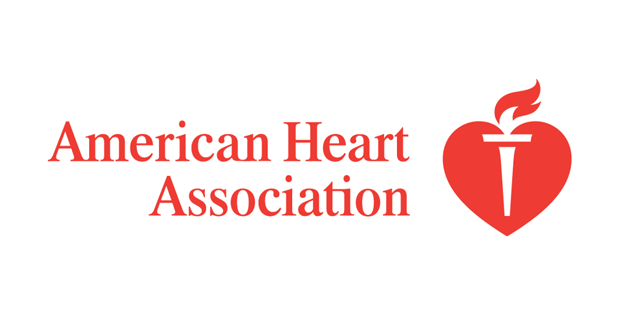The American Heart Association (AHA) has issued new guidance for patients with high blood pressure (hypertension) during the ongoing coronavirus pandemic.
The guidance, titled “What people with high blood pressure need to know about COVID-19,” has mentioned that people with high blood pressure may have an increased risk of developing severe complications if they get infected by the virus.
Chinese researchers found a 10.5% death rate among patients with coronavirus who also have heart disease. They also found a 6% death rate among coronavirus patients with high blood pressure.
The new advisory reiterates previous guidelines that hypertensive patients should not stop taking their medications, such as angiotensin-converting enzyme (ACE) inhibitors and angiotensin receptor blockers (ARBs).
The AHA guidance states, “These medications don’t increase your risk of contracting COVID-19. They are vital to maintaining your blood pressure levels to reduce your risk of heart attack, stroke, and worsening heart disease.”
The guidance also cautions patients about certain habits, medications, and supplements that could increase blood pressure, such as non-steroidal anti-inflammatory drugs and decongestants. Under the heading “Caution is Key,” it states, “People with heart concerns should limit or avoid them, especially if their blood pressure is uncontrolled.”
The recommendations also inform that people taking corticosteroids, immune-suppressants, anti-psychotics, oral contraceptives, or certain cancer drugs should regularly monitor their blood pressure.
People with hypertension should limit caffeine and alcohol intake because they can increase blood pressure. The guidance states, “Caffeine should be capped at three cups per day in general, and most people with high blood pressure should avoid it.”
It also advises avoiding herbal supplements, such as licorice, because they may increase blood pressure.
There have been controversies regarding the use of ACE-inhibitors and ARBs after researchers found that the virus binds to the ACE-2 receptors to enter into the cells. They found that ACE-inhibitors and ARBs may increase the expression of ACE-2, raising concerns that they could increase susceptibility to the virus.
However, other studies have shown that these drugs could protect coronavirus patients from lung injury by reducing angiotensin 2 levels. The AHA guidance gives more details on the benefits of these anti-hypertensive drugs and advises patients to stay on their medications.























